Article not found
This article is no longer available. But don't worry—we've gathered other articles that discuss the same topic.
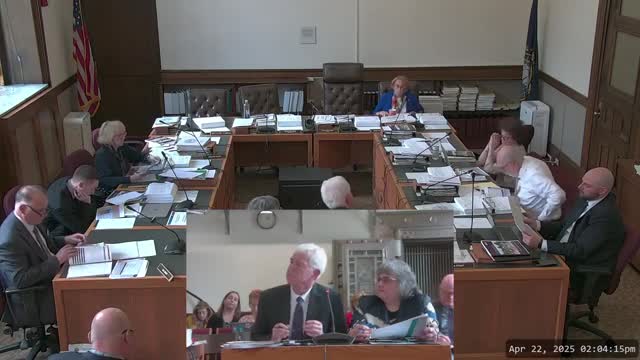
Public Employee Labor Relations Board to assume administrative role for Personnel Appeals Board and RTK; budget adjustments requested
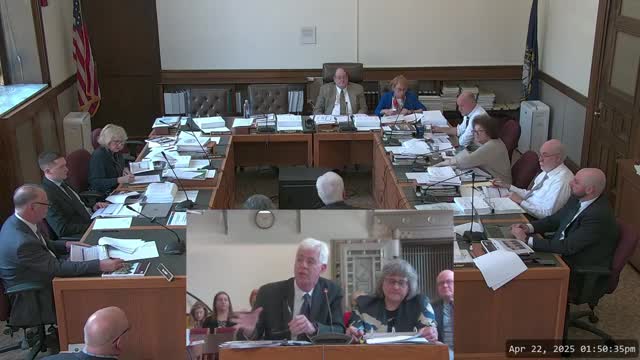
Retirement system warns House budget cuts would stall IT and service upgrades; system is self-funded
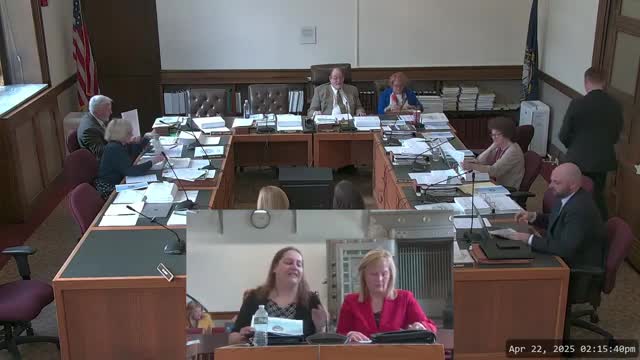
House budget cuts Human Rights Commission funding to zero; commission warns of rising caseload
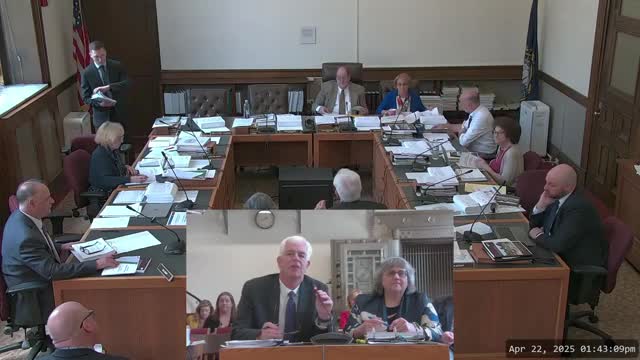
DOT warns of winter maintenance and fleet funding shortfalls in budget briefing
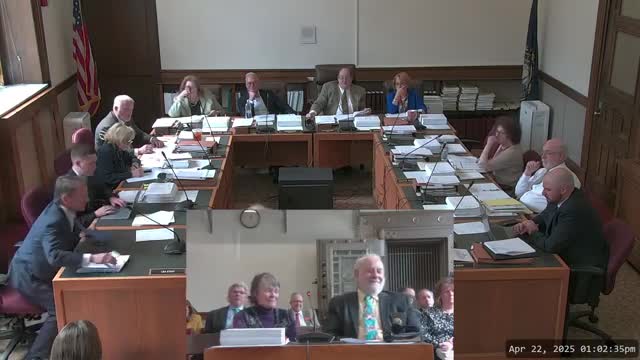
Education commissioner briefs committee on budget priorities: robotics caps, Discovery platform, adult diploma funding

